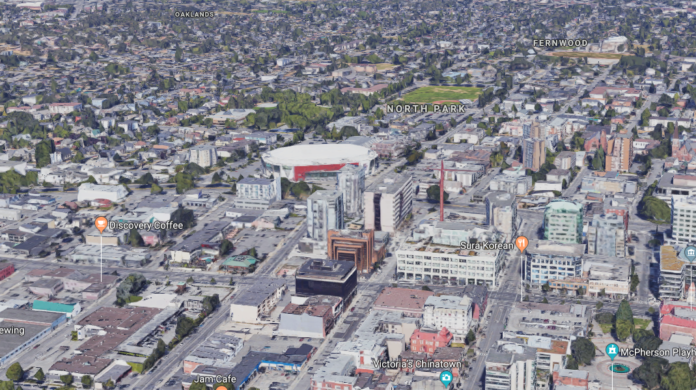The B.C. government recently unveiled a plan to support renters and landlords facing uncertainty due to the ongoing coronavirus pandemic, and has clarified what that means in a series of questions and answers on their website.
The province introduced its new temporary rental supplement on March 25th, which includes halting evictions and freezing rents, among other actions.
The supplement looks to help households by offering up to $500 a month towards their rent, building on additional federal and provincial financial supports already announced for British Columbians facing financial hardship.
In a more recent announcement, it has been stated that tenants cannot be evicted for unpaid rent or utilities, and cannot be asked to move out of their home without just cause – unless it is deemed there are ‘safety issues’.
Evictions are also not allowed if the landlord or purchaser just wants to personally use the suite, and the province will be freezing new annual rent increases during the state of emergency.
In the new question and answer section on the B.C. Government’s website, they have clarified that for a landlord’s eviction of a tenant to be justified, the tenant must have:
- significantly interfered with or unreasonably disturbed another occupant or the landlord of the residential property;
- seriously jeopardized the health or safety or a lawful right or interest of the landlord or another occupant;
- put the landlord’s property at significant risk;
- engaged in illegal activity that
- has caused or is likely to cause damage to the landlord’s property,
- has adversely affected or is likely to adversely affect the quiet enjoyment, security, safety or physical well-being of another occupant of the residential property, or
- has jeopardized or is likely to jeopardize a lawful right or interest of another occupant or the landlord;
- caused extraordinary damage to the residential property, and it would be unreasonable, or unfair to the landlord or other occupants of the residential property, to wait for the emergency order to end.
- if the rental unit is deemed “uninhabitable”
It is also noted that if the notice to end tenancy – or eviction – was given on or after March 30th of this year, it can be ignored as the notice is of no force or effect.
If the notice to end tenancy was given before March 30th, 2020 tenants may dispute the notice by making an application for dispute resolution or they can either accept the notice, and the tenancy will end.


